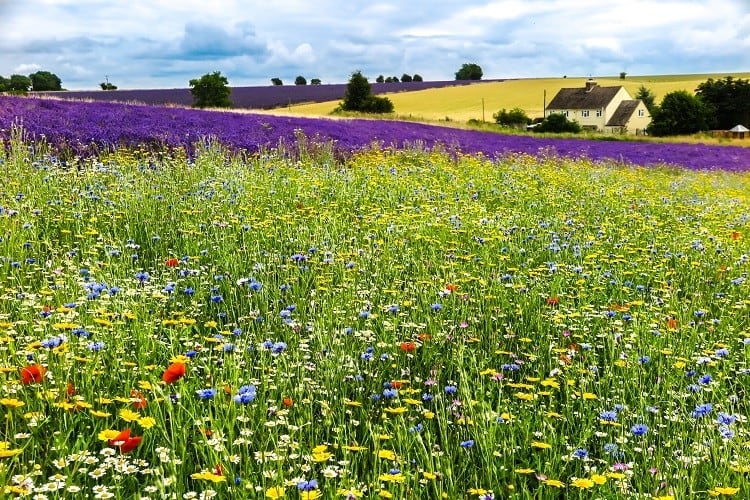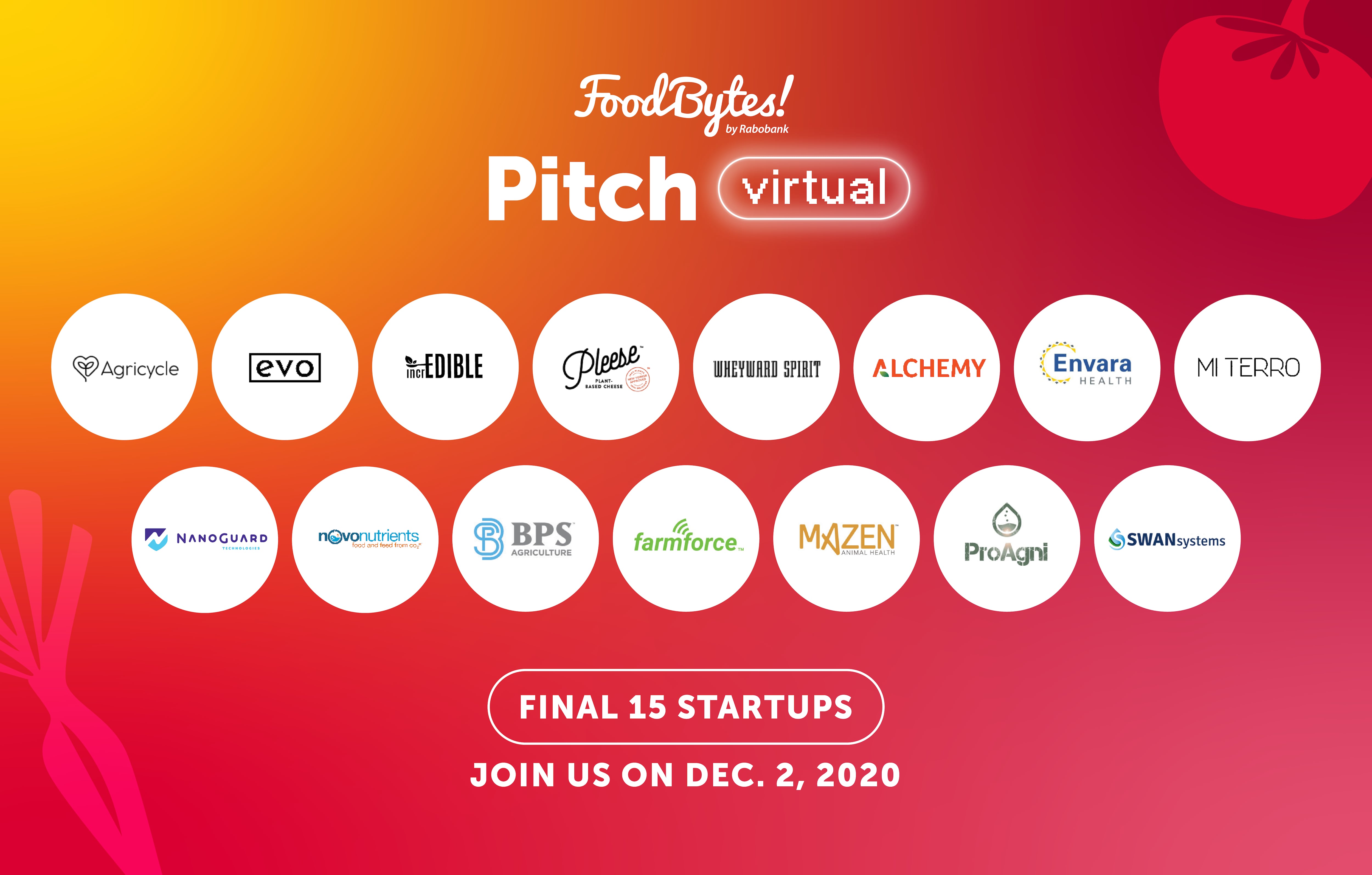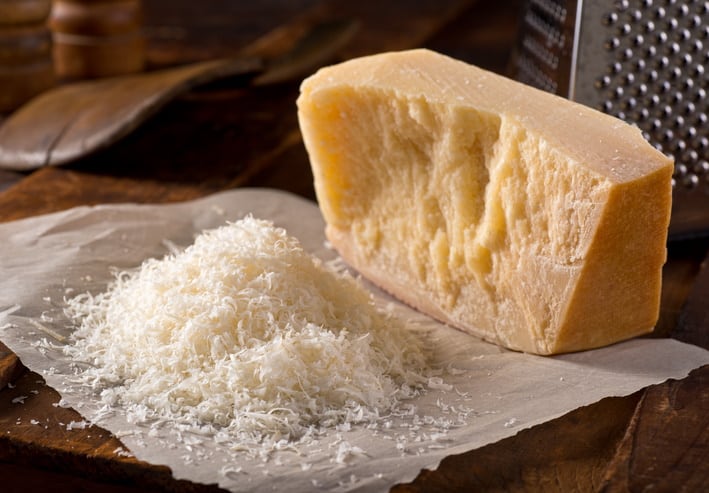Innovation in agri-technology has the potential to address some of the sustainability and productivity challenges facing food production. But to be effective, an interconnected view of natural systems must be adopted and collaborative solutions developed, attendees at the 2020 REAP digital conference heard today (10 November).
“The theme for REAP 2020 is ‘From micro-scape to landscape – Innovating at the frontier’, acknowledging that small changes in the micro-scape can have big impacts on the landscape and vice versa. It is interactions on a microbial scale in soils that drive the carbon cycle and impact climate change,” Dr Belinda Clarke, Director of the Agri-TechE innovation hub, noted.
“To achieve the global ambitions for agriculture, food production and land management, we need a much better understanding of how systems at these different scales operate and interact.
“Restoring environmental balance from the soils upwards is a pragmatic approach to tackling the global issues and everybody can play a role – gardeners, farmers, land managers and also consumers through their food choices.”
Healthy soils, healthy systems
David R. Montgomery, MacArthur Fellow, professor of geomorphology at the University of Washington and keynote speaker at the event, suggested that soil health is a good example of this ‘mirco-scape to landscape’ approach.
“Frankly those soil maps of the world that show its degradation do depress me, but they also hold the seeds for optimism,” Professor Montgomery said ahead of the conference. “While there is much work to do, there is much to be gained by doing it. Investing in rebuilding healthy, fertile soils is one of the best investments humanity could make in our collective future.”
The 'recipe' for healthy soils, according to Professor Montgomery, is: "Keeping the soil covered with living plants at all times and growing at least three or more crops in rotation works on farms around the world. The simplest advice boils down to ‘ditch the plough, cover up and grow diversity’. However, there is also an urgent need for innovation to accelerate soil building.”
Professor Jane Rickson of the Cranfield Soil and Agrifood Institute advises government and others on soil quality indicators. She stressed that healthy soil offers societal benefits: “Our green and pleasant land is determined by the quality of topsoil, along with the nutritional value of our food, protection from flooding and water retention during droughts. All of these services are driven by soil microbiology.”
Reward for public goods - making carbon storage a revenue stream for farmers - is one element of the UK agricultural strategy post-Brexit. Incentivising the public good offered by healthy soils is an important policy tool that can be leveraged to build soil health, Professor Montgomery believes. “We should incentivise practices that build soil health by linking specific verifiable practices, like no-till and cover crops, to credits based on regionally calibrated studies to establish an expected benefit, such as increase in carbon content or maintenance of it in
the soil. This would reward farmers not only for increasing carbon but also for good practice that has helped retain it.”
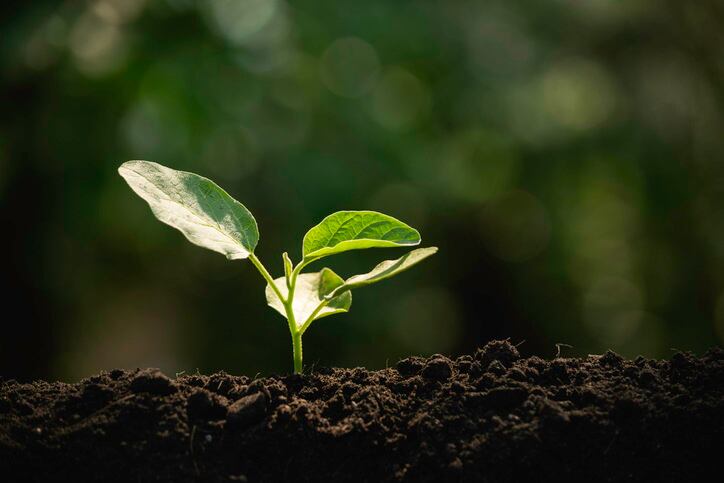
Ag-tech innovation for sustainable food production
Increased on-farm automation was profiled as an important lever to boost productivity, lower the environmental impact of food production and build soil health and biodiversity.
Dr Clarke suggested that agri-tech companies with disruptive technologies need to scale quickly and look for opportunities overseas to maximise impact.
One such ag-tech innovator is Small Robot Company. “Small Robot Company is very close to the grower community and this has helped it make such an impact. We have a good number of international organisations participating in REAP so we anticipate that the next chapter will be very exciting,” Dr Clarke commented.
Participating at the event, Small Robot Company unveiled its chemical-free robotic solution to weed control. The ‘brain behind’ the team of robots, ‘Wilma’, provides ‘per plant intelligence’ using information gathered by scouting robot ‘Tom’. If Wilma identifies a plant as a weed ‘Dick’ – the world’s first non-chemical robotic weeder – is dispatched to ‘zap’ it. This system has the potential to help build soil health by negating the need for chemical herbicides such as glyphosate.
Ben Scott-Robinson, CEO and co-founder of Small Robot Company, revealed that the robots are being trialled on three farms.
“The first commercial version of Wilma was unveiled at REAP. She creates a per-plant crop map and is then AI-enabled to recognise disease and the nutrient status of the plant, enabling precision weeding by the farmbots and, in the future, application of water, nutrients or fungicide as appropriate – cutting chemical use and emissions.
“Wilma can direct Dick on the most effective course across the field. The robot then kills the weeds, such as blackgrass, using the Rootwave technology, which is electric so there is no problem with resistance,” he explained.
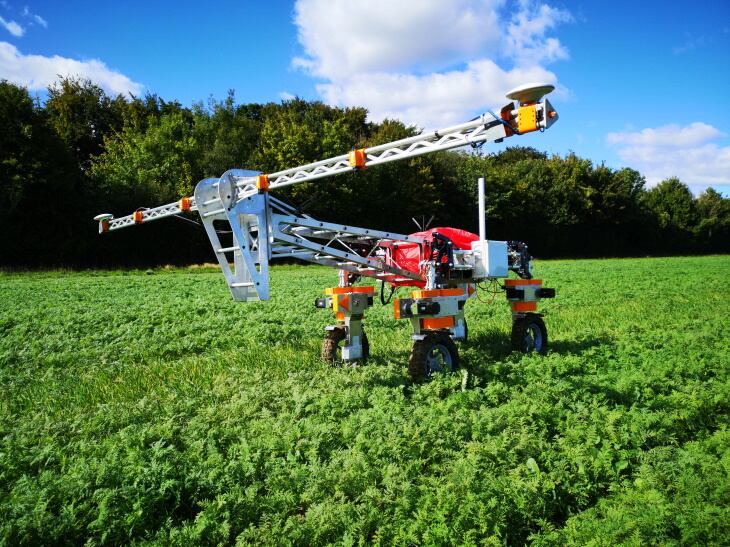
Among the solutions on display in REAP’s Start-up Showcase were a pop-up livestock facility that aims to eliminate greenhouse gas emissions; edible micro plastics from pea powder; super compact robot technology to improve yields; pheromone traps to inform precision spraying; land tech to support development of Natural Capital markets; and a bee wellbeing alert system to improve health of rented hives.
Dr Clarke said the approaches on display highlighted that natural systems are interconnected and stressed that understanding this can ‘guide the direction of future innovations’.
“Managing across all these scales is vital to take us closer to sustainable, productive and profitable agriculture. We need to focus our efforts on creating collaborations that can accelerate solutions to global challenges.”
Linking ag-tech solutions to international markets
Partnerships between farmers, producers, scientists and entrepreneurs around the world will help secure the transition to sustainable food systems, the business-focused membership organisation behind REAP 2020, Agri-TechE, believes.
Agri-TechE’s ambition for REAP 2020 is to support increased collaboration and help open up international markets for its membership base.
Western Growers, an organisation representing farmers across California, Arizona, Colorado and New Mexico who provide over half of America’s fresh fruits, vegetables and tree nut, revealed it is partnering with Agri-TechE to accelerate agricultural innovation.
Western Growers Center for Innovation & Technology (WGCIT), a US-based ag-tech incubator, will work alongside Agri-TechE to connect stakeholders in both the US and UK to collaborate on shared strategic priorities, including field harvest automation and food safety solutions.
“We have some big challenges facing us, such as extreme weather, need for harvesting automation, concerns about resistance to pesticides, and water shortages,” Dennis Donohue, Director of WGCIT, explained.
“We didn’t want to reinvent the wheel so we decided to find out what agri-tech is out there and to start a conversation. With Agri-TechE, we saw the potential to create a viable relationship that would accelerate the development of solutions, and ultimately, solve the issues our growers are facing.”
Agri-TechE is already preparing to work, alongside the Missouri Agtech Connect Programme in 2021, building on trade missions between the UK and Missouri in 2020 and 2019.
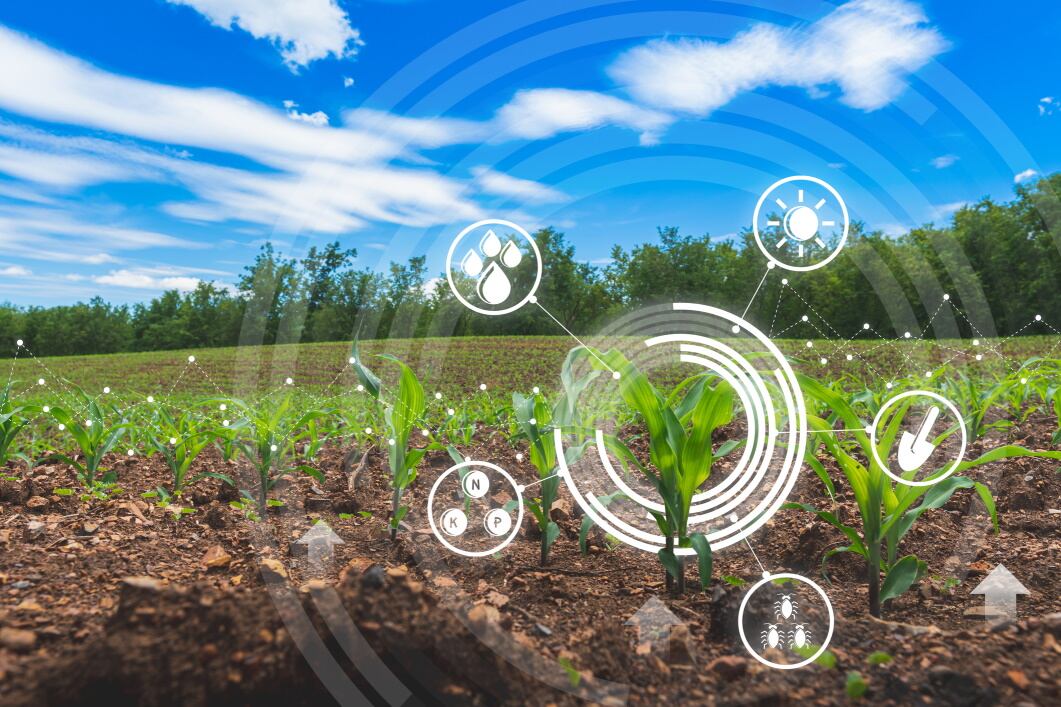
“There is a strong desire to continue these missions long-term and find more ways for us to partner on the future of agriculture and food. There are a number of ongoing projects in both directions that were spurred by our interactions including expansions, investments and collaborations,” Mark Sutherland, CMO of Missouri Partnership, revealed.
Expansion of the UK ag-tech vision to Asia is also on the cards. South Korea’s Chonnam National University said it will offer members of the Agri-TechE ecosystem a launchpad for Asia. Chonnam province and Gwangju city is the core of agriculture production for South Korea.
“South Korea can be a base camp to enable UK companies to develop technology for Asian countries,” Chonnam National University Professor Kyeong-Hwan Lee suggested.
“I think South Korea has good resources to develop agri-tech and become the hub for agri-tech in Asia. Our area, Chonnam province and Gwangju city, is the core of agriculture production and the national research centre of artificial intelligence will also be founded here.
“European companies can develop core technology by cooperating with several international companies in Korea and testing it under local conditions that are typical of the Asian climate, soil, and crops.”
Closer to home, Oost Netherlands – which represents farmers, agri-tech companies and researchers in the Netherlands’ ‘Foodvalley’ – joined Agri-TechE to strengthen links with UK agri-tech innovation.
Despite Brexit uncertainty, Oost Netherlands stressed the desire to collaborate with UK ag-tech businesses. Remco Lucassen, Director of Trade Development at Oost NL, said: “Businesses want to work with companies in the UK and we see participation in REAP as a good platform for this. With so much uncertainty at the current time it is even more important to build up personal links and trust for future cooperation.”

